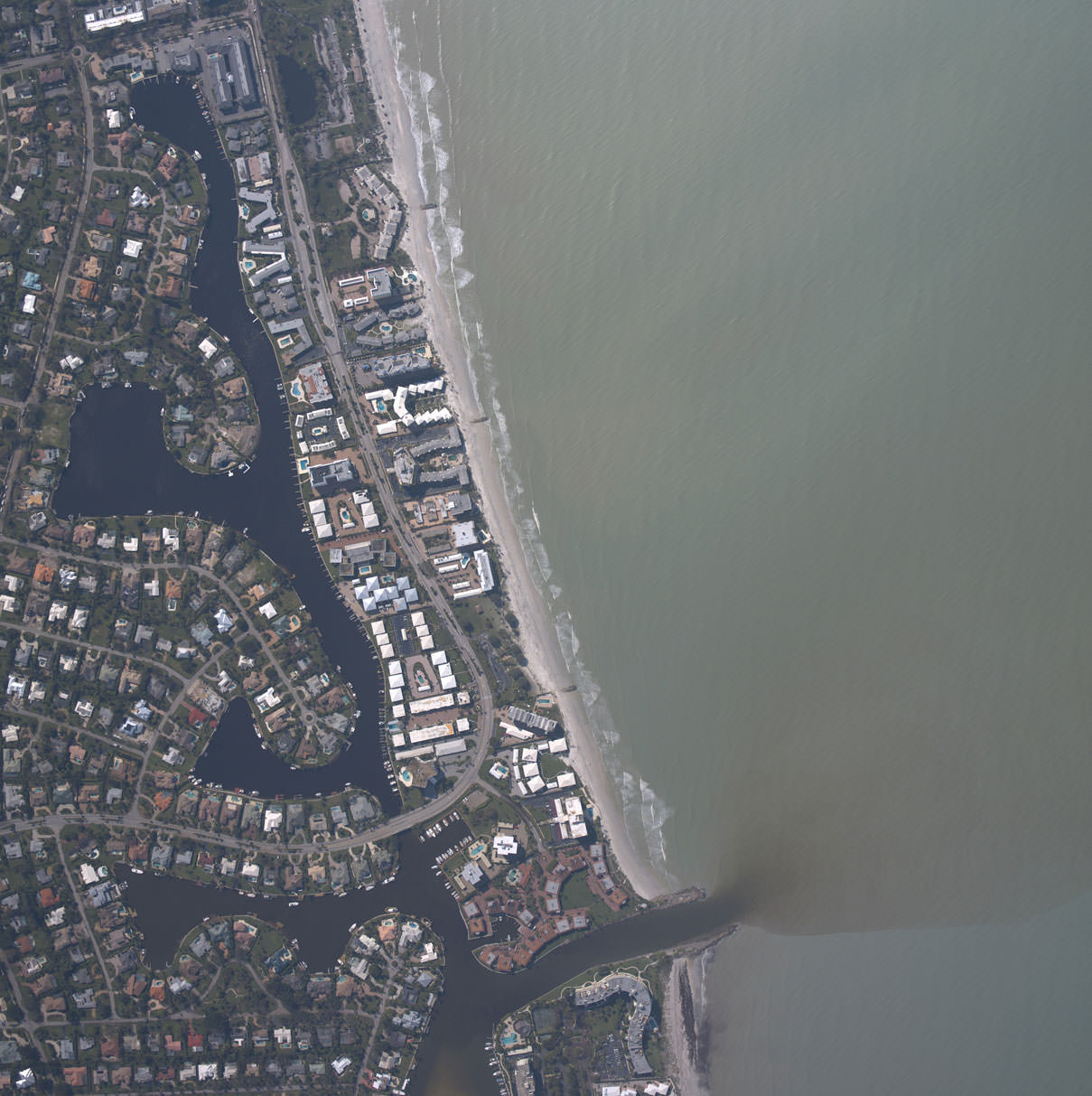Nonpoint Source Pollution

Nonpoint source pollution, or polluted runoff, is the greatest threat to coastal waters in the United States. Through the Coastal Nonpoint Pollution Control Program, NOAA's Office for Coastal Management works with states to take action to reduce and prevent polluted runoff, making our coastal waters cleaner for everyone to enjoy.
Pollution refers to the contamination of water, land, or the air by substances that can adversely impact the environment and human health. Usually, these substances are waste materials. The word pollution is derived from the Latin term polluere, which means to soil or defile. Examples of modern-day pollution include oil spills, smog, and even noise. Simply put, pollution is “something in the wrong place at the wrong time in the wrong quantity.”
Sometimes it is not the type of material, but its concentration, that determines if it is a pollutant. For example, nutrients such as nitrogen and phosphorus are essential elements for plant growth. If they are overabundant in a body of water, they can lead to conditions that have a negative effect on people's health.
This tutorial will help you learn about nonpoint source pollution, which is pollution from sources that can't be tied to a specific location, such as city streets and farm fields. You'll read about the history and types of nonpoint source pollution, methods used to detect pollutants, and assess and reduce their damaging effects on the environment.
The Roadmap to Resources complements the information in the tutorial by directing you to additional information and data from NOAA and other reliable resources.
Pollution Lessons
- Welcome
- A Brief History of Pollution
- Point Source
- Nonpoint Source
- Urban and Suburban Areas
- Agricultural Operations
- Atmospheric Inputs
- Forestry and Mining Operations
- Marinas and Boating Activities
- Nutrients
- Suspended Sediments
- Pesticides and Toxic Chemicals
- Bacteria, Viruses, and Trash
- Research, Monitoring, and Assessment
- Controlling Nonpoint Source Pollution
- What You Can Do
- References
- Roadmap to Resouces
- Subject Review (PDF)
Categories of Pollution
Pollutants from Nonpoint Sources
